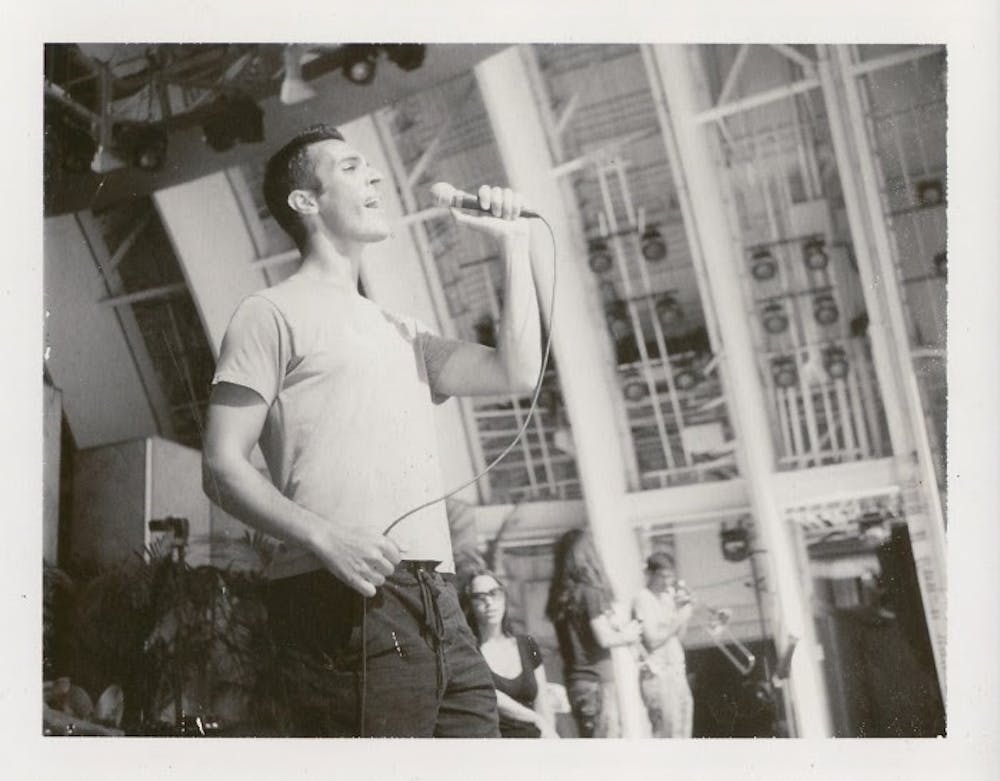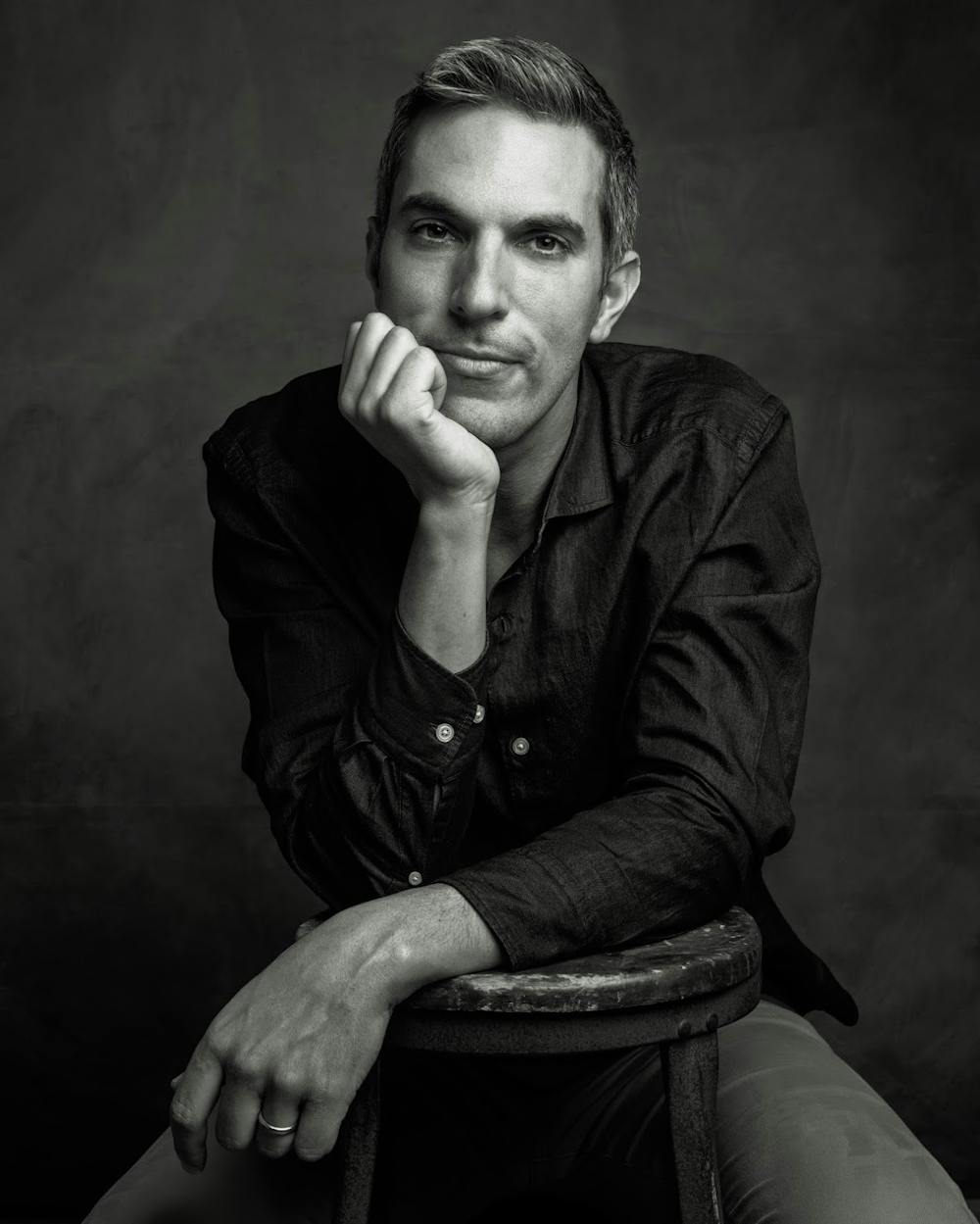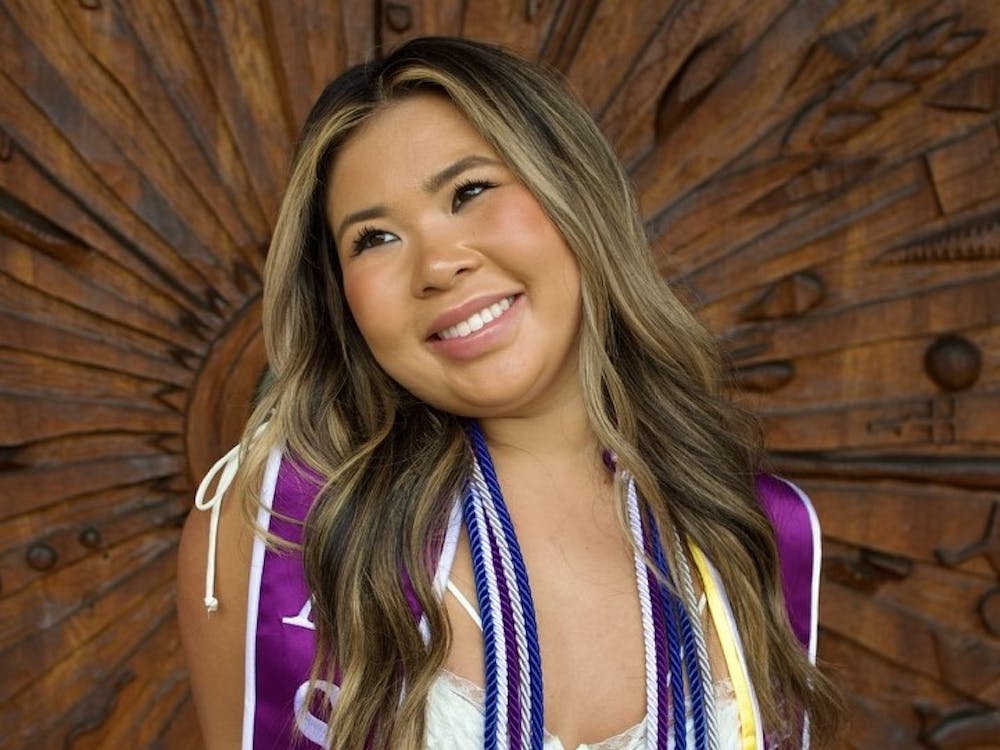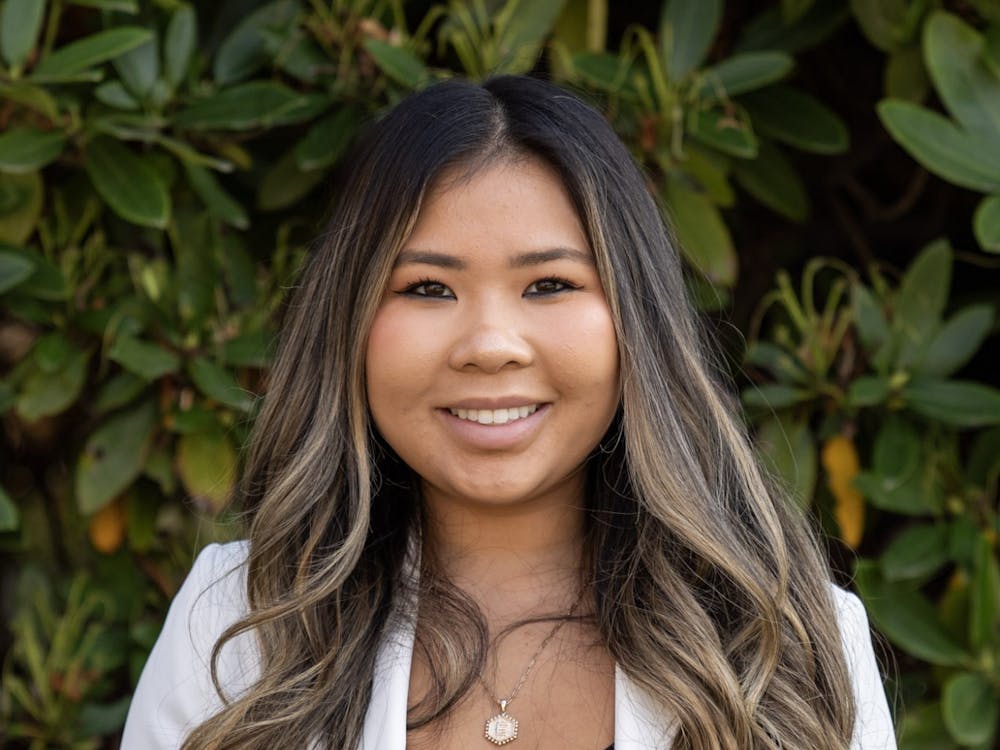When Ari Shapiro first applied for an internship at NPR, he was rejected. Rather than dwelling in his sorrows, he looked for other avenues and found a new opportunity through Nina Totenberg at NPR, who hires her own interns. Little did he know, this would spark his 20-year-long career with NPR and lead him to more opportunities than he could have ever imagined.
“I think everybody needs to understand that if you're failing, you're doing it right,” Shapiro said. “And the key is to keep persevering, until finally, failure just gives way under your repeated assaults and caves into success.”
Shapiro is a successful journalist who is known for his time hosting NPR’s “All Things Considered,” winning awards for his coverage, writing a New York Times Best Selling book, and performing internationally with Portland’s historic singing group Pink Martini.

The list could go on and on, and for University of Portland students, they might feel overwhelmed hearing about the successes of a renowned storyteller. But Shapiro wants to send a different message about success at this year’s commencement speech on May 7.
“Every successful person I know has experienced failure,” Shapiro said. “And I think we need to talk about it because we don't talk about it, and then people will assume that failure is the opposite of success. And in fact, failure is a step on the road to success.”
As students sit eagerly in their chairs, waiting to move the tassel on their graduation caps from right to left, there is a mix of emotions from excitement to anxiety. Shapiro felt all the same things when graduating as an English major from Yale and had no idea what was going to come next.
“This is a moment for celebration, and for recognizing what this incredible group of students and their families have accomplished together,” Shapiro said. “And so my goals are to both help the community celebrate and also help people feel a little bit less anxious about the uncertainty on the road ahead.”
While graduating from a university is one of the ways most people fulfill their academic validation, Shapiro wants it to be a time when students can reflect on their time on The Bluff as a whole.
“I still remember the experiences of my four years on campus so vividly,” Shapiro said. “... I hope as the senior class graduates as the class of 2023, they're also able to look back on their time and say, not just ‘Well, I did it, I passed my courses, I got the major, I got the degree.’ But also, ‘I learned a lot and enjoyed myself while I did it, and made great relationships and friendships as well.’”
Shapiro believes that his degree has much to do with his successes as a storyteller and offers insight on why a liberal arts education is valuable when pursuing a career.
“The best thing that I learned from being an English major is something that I think applies to any liberal arts major, which is that it taught me how to read and write and think,” Shapiro said. “ … and what I mean when I say that is it taught me how to understand the complicated text, think about what is important in that text, and then write about what is important and why … I could just as easily have been learning those skills with philosophy texts, if I was a philosophy major or political texts if I was a political science major …”
This way of thinking has been something that he has carried with him as he has built an expansive career in journalism. He has followed his curiosity on “All Things Considered,” interacted with legislature while reporting out of the White House, and recounted his stories and experiences while writing his memoir.
“I think of the book sort of as, on one hand, about the way the stories I've told have shaped me as a person, and on the other hand, about how the person I am shapes the stories that I tell,” Shapiro said.
Shapiro compares writing his book with the work that goes into a college career. Without the people beside him he wouldn’t be able to accomplish the things he has today or get the writing off of his laptop and onto bookshelves.
“I often talk to people on the worst day of their life, whether it's a natural disaster, or a war or a mass shooting,” Shapiro said. “And so it's a moment of real vulnerability, and in the fact that people entrust me with their stories, and they confide in me, and they allow me to sort of listen and talk to them about what they're going through, is a meaningful experience that I don't take lightly.”
As he reflects on his career, he sees an exciting future where there is more coverage than ever before.
“I was trying to nudge the newsroom in a more expansive direction that took the less narrow view of what we count as news, who we deem important, who we talk to,” Shapiro said. “ … there are people who are 20 years younger than me who are trying to nudge journalism in a more expansive direction than I was.”
With this transition into a new era in his career, Shapiro is thankful that he has been able to connect all of his passions in one way or another.
“I felt like these were very different activities, journalism and music,” Shapiro said. “But what I've realized, through the process of writing the book is that these are all forms of storytelling. These are all ways of connecting with an audience of helping people see the world through someone else's eyes … Pink Martini is a show that I think creates connections, builds empathy, helps people see the world a little bit differently. Which, in the best circumstances, is also what we're doing on all things considered on any given day.”
Pursuing all of these avenues stems from his enjoyment of taking risks. To Shapiro, he sees no harm in trying and would rather give it his all than to keep saying ‘what if.’ When doing this, he urges students to pursue goals that are founded in values and ideals rather than specific outcomes.
“If you aspire to be the CEO of Pepsi, and you become the CEO of coke, you'll feel like you failed,” Shapiro said. “But if you aspire to do something that is creative and challenging, that uses your voice, that is different on any given day, that gives something back to the world — whatever your specific ideals and values might be — then there's practically an infinite number of places you could land that will meet those goals and will fulfill those ideals and values.”
As students take a deep dive into their career search and job hunts, Shapiro hopes that they will remain open to have a fulfilling career while keeping their passions and values close to their heart. To do this, he gives one last piece of advice to the class of 2023.
“Cast as wide a net as possible, keep an open mind,” Shapiro said. “ … it may be that the place you land will be the perfect fit, and a place you could not have even imagined when you started the journey.”
Brie Haro is the editor-in-chief of The Beacon. She can be reached at haro23@up.edu.








